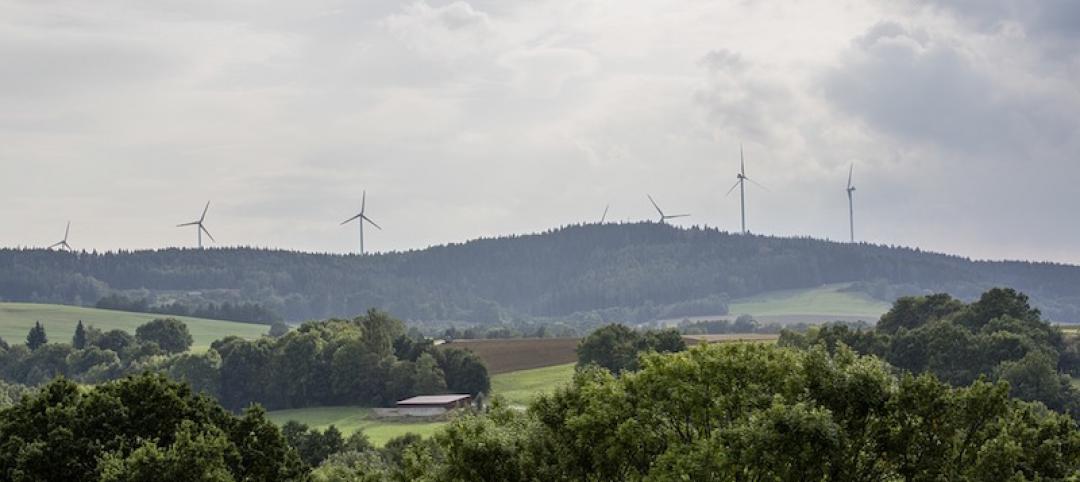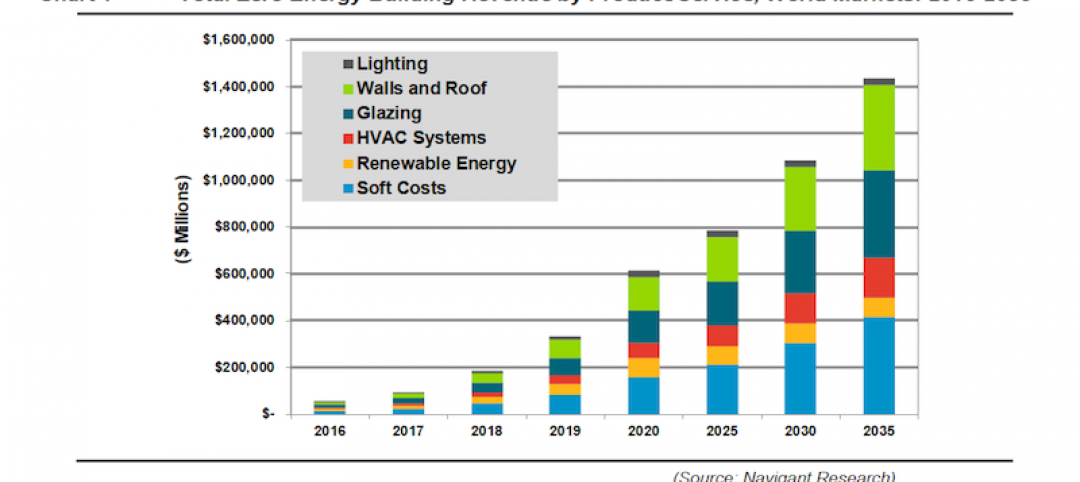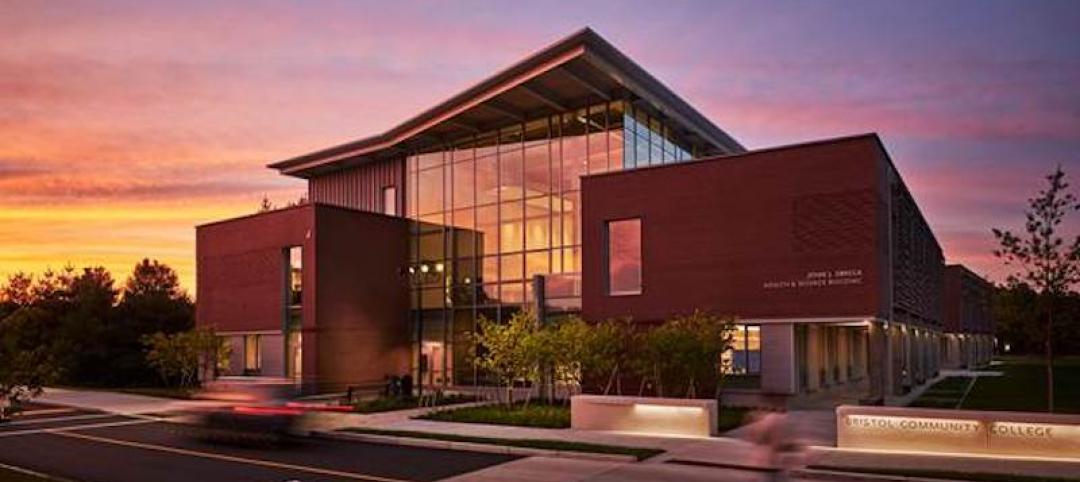Recent research papers from economists that have questioned costs and benefits of energy efficiency programs and policies have been flawed, says Steve Nadel, executive director of the American Council for an Energy-Efficient Economy.
Instead of “continuing a tit-for-tat debate,” Nadel says economists and energy efficiency practitioners could find ways to better work together to devise higher quality studies. “First, we admit that not all energy efficiency programs are stellar,” Nadel says. “It’s critical to have good evaluation to help tell what is working well and what needs improving.”
“There is a tendency, in both the economics and energy efficiency communities, to work from established paradigms and work with colleagues who share similar views,” he continues. “When the two communities meet, they often talk past each other. There is a need for both sides to better understand where the other side is coming from, and to explore opportunities to find a middle ground.”
Nadel cited recent studies that looked at only costs but not benefits, included extra costs unrelated to energy efficiency (e.g. home repair costs), left out important costs such as changes in maintenance costs, or are based on a simple cost-benefit framework without considering other goals that the programs might have. “Likewise, each program is different and one problematic program should not cast doubt on all of the others,” Nadel says.
Related Stories
Codes and Standards | Oct 23, 2017
Energy efficiency investments on the rise; will increase next year
Survey of facility management executives shows onsite renewables, energy storage will spike in 2018.
Energy Efficiency | Sep 15, 2017
To reach ambitious energy targets, firms must dig deeper
The number of firms involved in AIA’s voluntary pact to slash energy consumption in buildings grew to more than 400 in July.
Green | Jul 18, 2017
Garden of the Four Seasons lets you experience all four seasons at once
Carlo Ratti Associati designed the garden with an innovative net-zero energy climate control system.
Sustainability | Jun 28, 2017
Mohawk College will have one of the region’s first net-zero energy institutional buildings
The project’s net-zero goals led to the development of a new curtain wall system.
Game Changers | Jan 18, 2017
Turning friction into power
Research on piezoelectricity moves closer to practical applications for infrastructure and buildings.
Energy Efficiency | Jan 5, 2017
Exponential growth in net zero energy buildings predicted for the next two decades
Technology and regulations will be the drivers, says Navigant Research.
Sponsored | Energy Efficiency | Dec 20, 2016
Upgrade brings comfort and efficiency to Euclid Chemical
Euclid Chemical upgrades to a dependable and efficient system that will meet their needs for years to come.
Energy Efficiency | Dec 13, 2016
A Massachusetts college now features the largest zero-net-energy academic building in Northeast
Bristol Community College wants to be carbon neutral by 2050.















